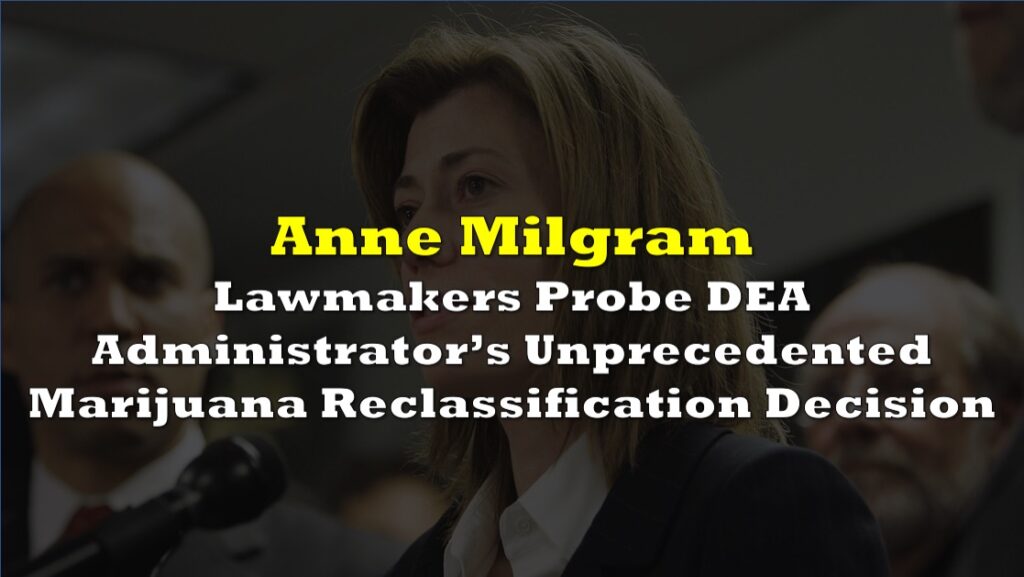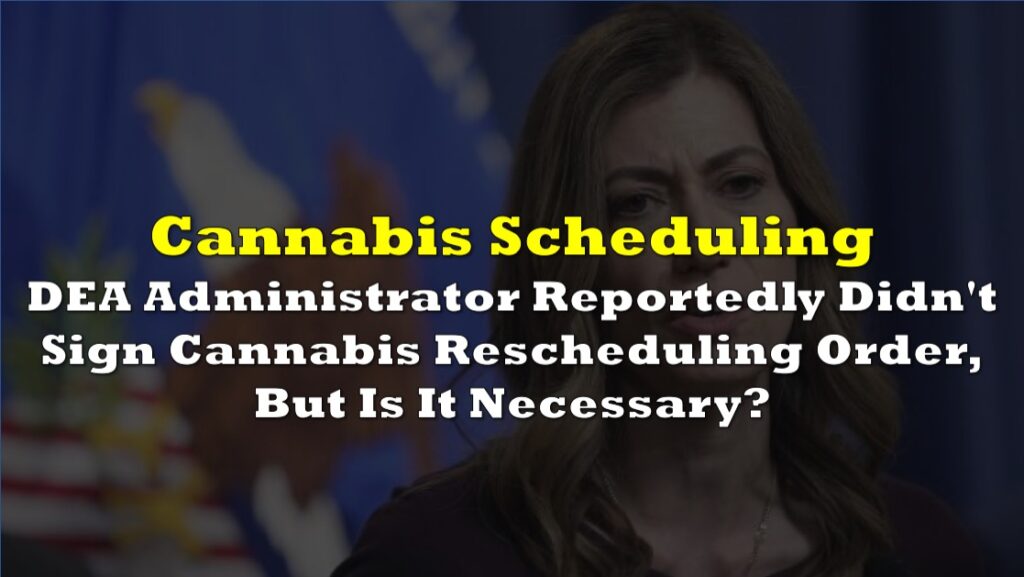Despite the excitement surrounding the potential rescheduling, legal experts caution that it may not be sufficient to open up the NYSE or Nasdaq to cannabis stocks.
Currently, most American-based cannabis companies are limited to trading on the Over-the-Counter (OTC) markets due to the federal illegality of cannabis, while the majority have turned to Canadian exchanges, such as the Canadian Securities Exchange (CSE) for listing.
Stock exchanges not likely to budge under Schedule III: https://t.co/w0pwQ4c30m
— John Schroyer (@Johnschroyer) May 21, 2024
This is where the Drug Enforcement Administration’s (DEA) sign off becomes important as even under Schedule III, cannabis companies would still be violating the Controlled Substances Act by selling a controlled substance without the required DEA registrations.
“Instead of selling an illegal controlled substance illegally, they will be selling a legal controlled substance illegally. And the problem is that none (of those products) will have the required DEA registrations,” Eric Berlin, a partner at the legal firm Dentons explained to Green Market Report.
“And the DEA has said that it does not intend to give any registrations or to register any party that is simultaneously violating federal law.”
The stock exchanges have not commented on whether they would allow cannabis stock listings upon rescheduling. Nasdaq’s published rules and regulations suggest that many US cannabis operators would remain ineligible for listing due to their involvement in federally illegal operations.
Nevertheless, investors have reacted positively to the news, with the AdvisorShares Pure US Cannabis ETF experiencing a significant increase in interest following the announcement.
While the potential tax benefits for cannabis companies under Schedule III are substantial, the path to uplisting on major US stock exchanges – where cheaper capital sits – appears to be further from reach, likely requiring further congressional action.
Information for this story was found via the sources and companies mentioned. The author has no securities or affiliations related to the organizations discussed. Not a recommendation to buy or sell. Always do additional research and consult a professional before purchasing a security. The author holds no licenses.









